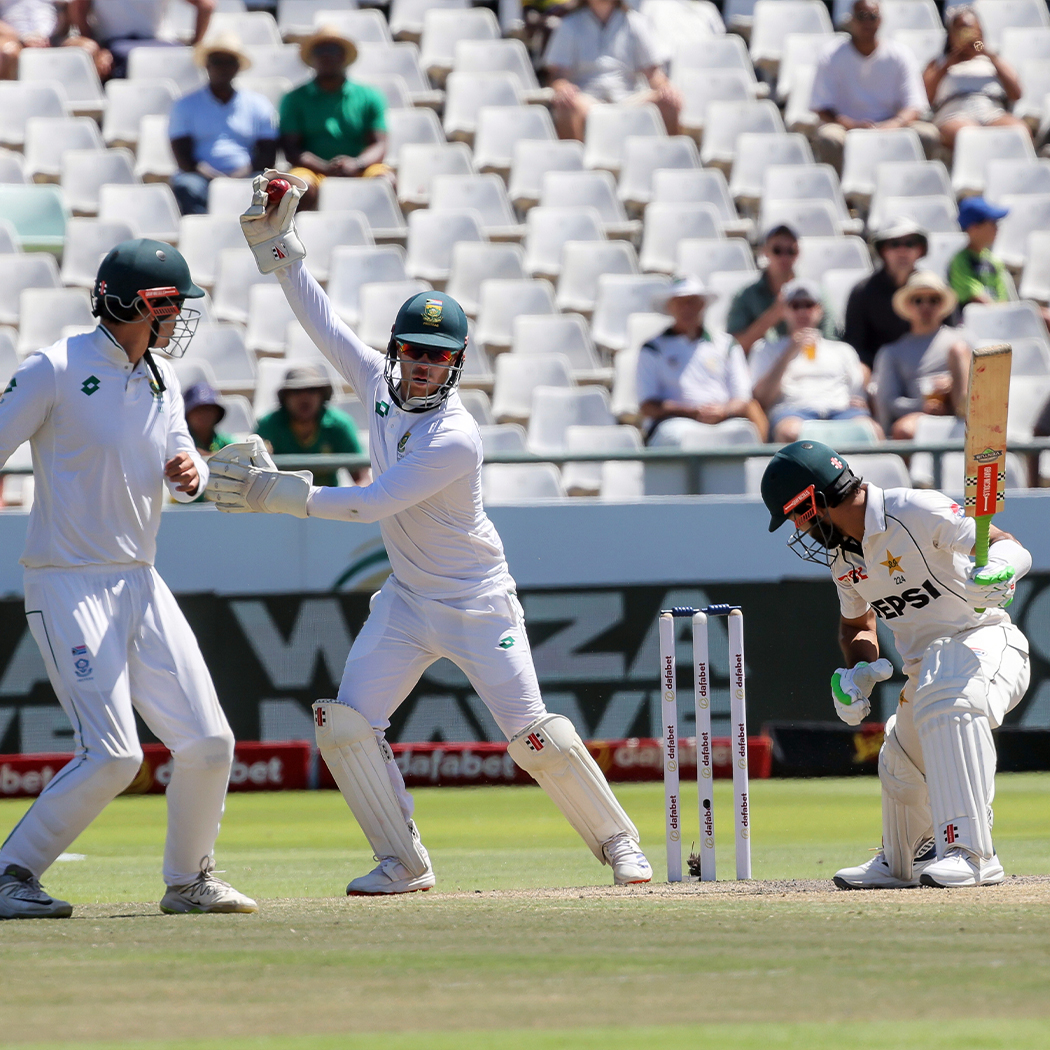ISLAMABAD: Pakistan Prime Minister Shehbaz Sharif, parliamentarians and thousands of people on Friday offered funeral prayers in absentia for Hamas chief Ismail Haniyeh, condemning Israeli military actions in Palestinian territories.
Haniyeh and a bodyguard were killed in the pre-dawn attack on their accommodation in Tehran early on Wednesday, Iran’s Revolutionary Guards said. He had traveled to Iran to attend Tuesday’s swearing-in of President Masoud Pezeshkian.
The Hamas leader’s assassination came just hours after Israel struck a southern suburb of Beirut, killing Fuad Shukr, the military commander of Hamas-allied Lebanese militant group Hezbollah, deepening fears of a wider regional escalation.
Sharif along with Pakistani lawmakers offered prayers at Parliament House in Islamabad, which were broadcast live by the state television. Separately, hundreds of people offered funeral prayers in absentia for Haniyeh at Islamabad’s iconic Faisal Mosque.
“An incident of worst brutality has come to the fore, which the entire world, including Pakistan, Turkiye, Malaysia, China and Russia, has condemned in the strongest words,” Sharif said at an earlier press talk on Friday, referring to Haniyeh’s assassination.
“The world peace institutions, which were formed decades ago to establish law and order, I believe their conscience must be awaken today.”
Funeral prayers for the slain Hamas chief were offered elsewhere in the South Asian country as well.
Separately, Pakistan’s National Assembly, the lower house of parliament, passed a unanimous resolution expressing its “unified grief and anger” over the ongoing Israeli oppression and brutality against Palestinians for the last nine months.
“This house strongly condemns the ongoing state oppression and brutality by Israel in Palestine as a tragedy for the Muslim Ummah and the world,” read the resolution passed by the National Assembly, expressing solidarity with the Palestinians and extending condolences to the family of Haniyeh.
The resolution called on the international community to take “collective action” to halt Israel’s oppression and brutalities and deliver justice to the Palestinian people.
“This house calls for the immediate admission of the State of Palestine as a full member of the United Nations,” the resolution added.
The Pakistan parliament also decided to continue to supply aid to Palestine and take effective measures for medical assistance to the oppressed Palestinian brothers and sisters, including treatment in Pakistan.
Pakistan does not recognize nor have diplomatic relations with Israel and calls for an independent Palestinian state based on “internationally agreed parameters” and the pre-1967 borders with Al-Quds Al-Sharif as its capital.
Since the beginning of Israel’s war on Gaza in October last year, Pakistan has repeatedly raised the issue at the United Nations and demanded international powers and multilateral bodies stop Israeli military actions in Gaza. The South Asian country has also dispatched several aid consignments for the Palestinians.
Separately, Sharif told Pakistan’s parliament on Friday that his country would continue to provide relief goods and medical assistance to the Palestinians.
“It has been decided to continue providing relief goods to Palestine and will undertake measures for the wounded Palestinians through which arrangements will be made to bring them to Pakistan for treatment,” he said.
“We have also decided Palestinian medical students will be admitted to Pakistani medical colleges.”
Israel launched a war on Gaza on Oct. 7, 2023 in response to an attack by Hamas that resulted in the deaths of 1,197 people, mostly civilians, according to Israeli figures. Militants also took around 200 Israelis hostage.
Israel’s retaliatory campaign against Hamas has killed at least 39,480 people in Gaza, according to the Gaza health ministry.
PM among thousands at Islamabad funeral in absentia for slain Hamas leader
https://arab.news/9wsn3
PM among thousands at Islamabad funeral in absentia for slain Hamas leader

- Pakistan observes ‘Day of Mourning’ in solidarity with Palestine after killing of Ismail Haniyeh in Tehran
- Pakistan parliament passes resolution demanding global community deliver justice to Palestinian people



















